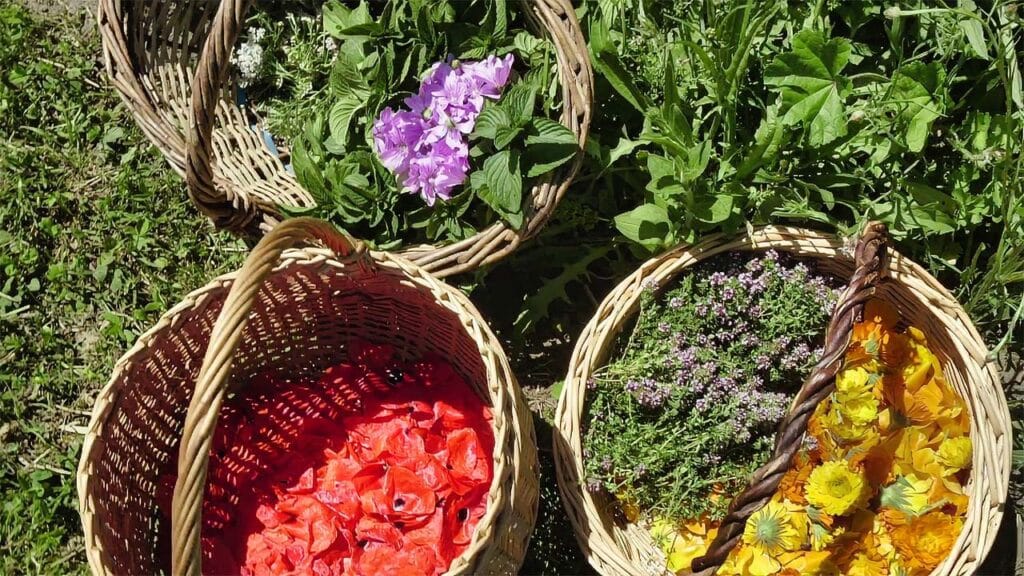The persistent drought affecting Morocco for a decade threatens the entire sector of medicinal and aromatic plants (MAP), a vital industry for the local economy and for the pharmaceutical, cosmetic, and agri-food industries on an international scale.
Water resources at an all-time low
The depletion of aquifers affects both irrigated crops and wild harvests. Due to a lack of water resources, no expansion of cultivated areas is possible, and agricultural quotas are reduced to preserve drinking water, particularly in sensitive areas like the Rabat region.
The first signs of scarcity are becoming apparent. In the Oriental region, the National Agency for Water and Forests (ANEF) was only able to allocate three plots of rosemary in its latest call for tenders, compared to thirteen in previous years. Once abundant, this plant is now nearly impossible to find on the market.
Production prices soaring
In response to the scarcity, prices are skyrocketing. On the farm, the price of mint has tripled, verbena has doubled, and the price of rose has increased by 40 to 50%. These increases affect the entire MAP market. Some species that were once common, such as oak moss or common ivy, are gradually disappearing from supply chains, jeopardizing the continuity of production chains on a global scale.
A direct impact on exports
The low precipitation in March provided limited relief, insufficient to reverse the trend. The lack of snow in mountainous areas, essential for certain species, further exacerbates the situation.
As a result, exports are decreasing while international prices are rising—on average by 30% between 2023 and 2025. Producers are now favoring sustainable trade relationships, with selective sourcing based on regions.
Despite these difficulties, markets in Europe, India, China, and West Africa continue to be supplied, but with reduced volumes and higher prices.


